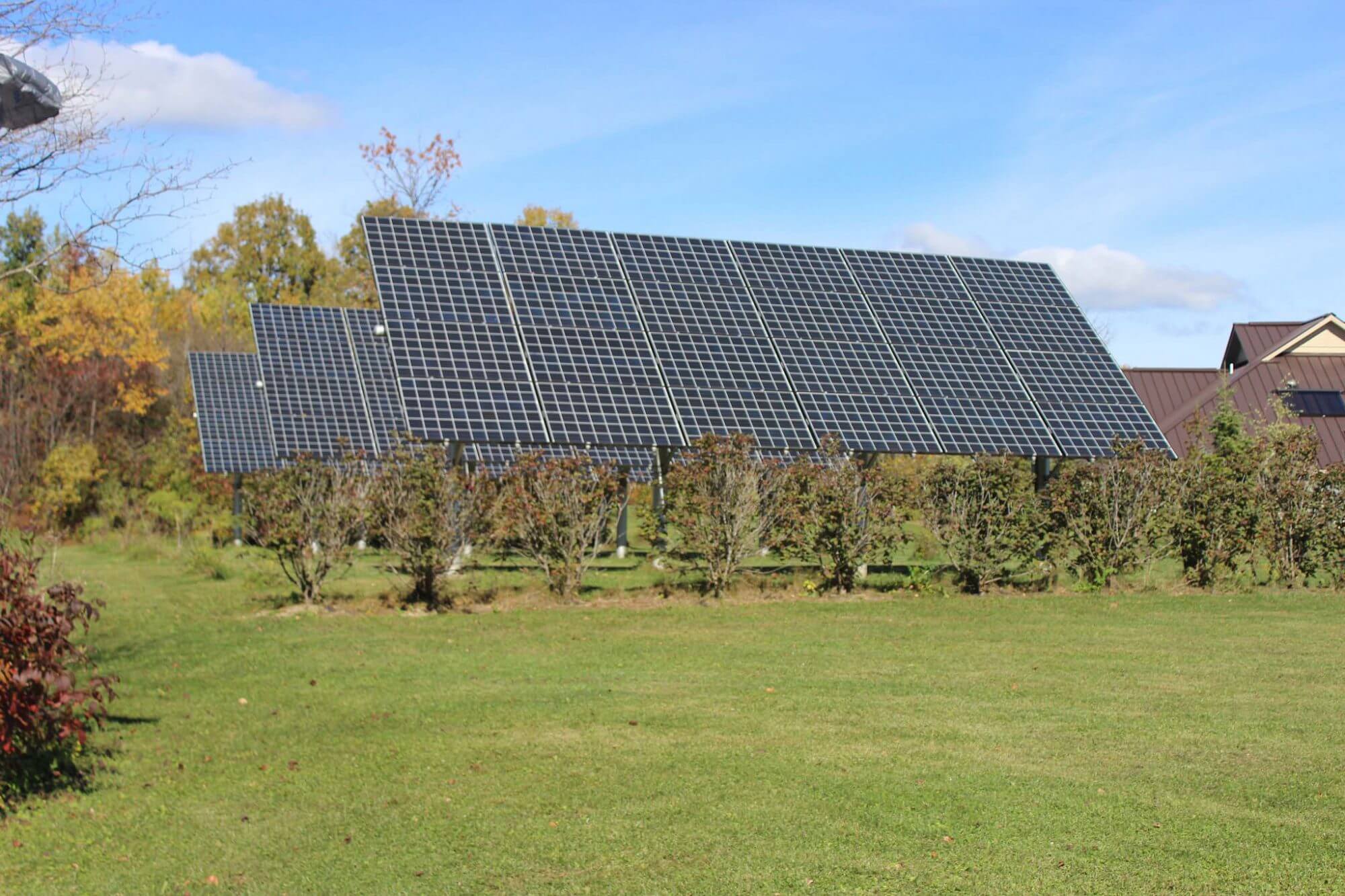WASHINGTON — In the wake of the landmark Paris climate accord, energy experts said Monday that the drive to create a cleaner electric grid in the United States must come from consumers, not regulators.
A panel convened at the National Press Club focused on how the American electric industry must change in the coming years to reduce carbon emissions. One thing an Energy Department official, a lobbyist and businessmen representing the old and new in energy production agreed on was that the industry will change only as much as the market demands.
“Politicians don’t lead on these issues,” said Joe Garcia, the Energy Department’s director of economic impact and diversity.
“The good news is that right now government regulation is working hand in glove with good old fashioned Adam Smithian economics to produce the right outcomes for our country,” said Larry Kellerman, the managing partner at Twenty First Century Utilities, a company aiming to buy up and modernize American electric utilities.
But the energy industry will have to transform more fundamentally to meet the Paris agreement’s ambitious goal of keeping global temperature increases “well below” 3.2 degrees Fahrenheit. That transformation may come in the form of a redesigned transportation system powered by electricity rather than fossil fuels, according to Robbie Diamond, CEO of Securing America’s Future Energy, an organization lobbying to reduce the country’s dependence on oil.
“One of the challenges we’ve had is that oil and transportation have been disconnected from utilities, and one of the exciting thing about electric transportation is that you no longer have that separation,” Diamond said.
Cars and trucks account for nearly a fifth of the country’s greenhouse gas emissions, according to the Union of Concerned Scientists. Diamond explained that if you buy an electric car and plug it into the power grid, you move its emissions “upstream” to the power plant that generates the electricity to charge its battery. Over time that plant can become more efficient or switch from fossil fuels to renewable energy as its power source.
“Every time that happens, your car gets cleaner,” Diamond said.
But Thomas Kuhn, president of the Edison Electric Institute, an association of energy companies whose members generate three quarters of the nation’s electricity, argued that people don’t buy electric cars to save the world.
“People buy electric vehicles because they see great cars, great acceleration,” he said. “It’s the excitement of the technology that’s building the market.”
And as states face “an awful lot of near-term decisions” in developing plans to reduce their carbon emissions under President Barack Obama’s Clean Power Plan, Kuhn said they would do best to keep customer’s needs in mind.


